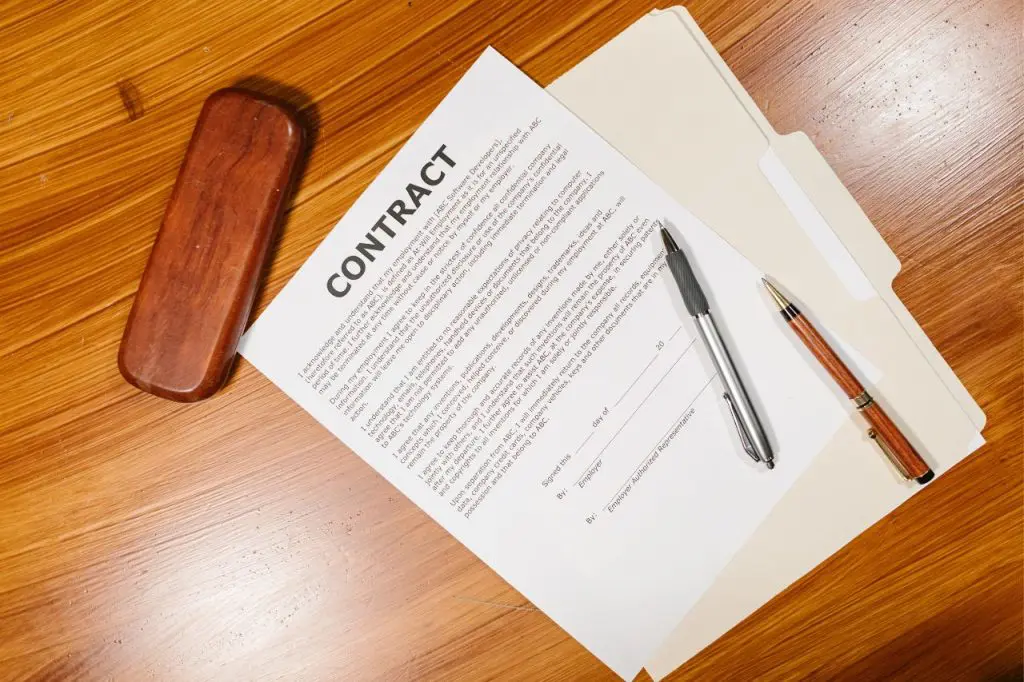As a business owner, it’s important that you routinely assess your processes and see if they are efficient for your company. The same is true with your contracting process. Assessing these will help you see whether your process is running smoothly and to your advantage.
Thankfully, there are contract management key performance indicators (KPIs) that you can use to gauge your processes. But how do you use these KPIs to your advantage? This article will tell you what you need to know about contract management KPIs.
What Are Contract Management KPIs?
Contract management KPIs are tools that you can use to measure how effective your business is in managing its contracts. These tools set a standard for effective processes and the results you can expect from them.
By using KPIs, you can identify areas in your workflows that are working properly and the ones that need to be improved. You can make data-driven changes to manage your contracts more efficiently.
Why KPIs Matter in Contract Management
It’s important to monitor your KPIs so you can be sure that your contracting process is still running smoothly, after all, this plays a vital role in your business’ revenue. KPIs are put in place to establish standards for effectiveness and to track the contract’s progress. Through these, you can measure and monitor how your contract management is performing.
Contract management KPIs can be a big help to your business. Here are some of the ways these benchmarks can help:
- Make sure that your business quickly and efficiently recognizes new revenue
- Allows the legal team to minimize spending time on routine admin work
- Gives you yield growth and value from existing contracts
- New customers get a better and more professional experience
Top Contract Management KPIs to Track
So now that you know why it’s important for your business to track KPIs, the next thing to note is which key performance indicators for contract management to keep watch of. While each business is different, there are some set KPIs that every type of business can use. Here are some of the KPIs you need to track:
1. Contract cycle time
Measuring the duration of a contract management lifecycle can give you an overall idea of how well the contract was managed. If there are any delays to the progress, you might not be able to recognize the contract’s value.
Once you identify the existence of long lifecycle contracts with a low value, it may indicate that there are some inefficiencies in your workflow that you need to revisit.
2. Contract Compliance Rate
You also need to measure the number of deals you close and the ones you don’t. You can also measure the prospects that don’t lead to signing a contract and working with your business. While this is more of a sales KPI, it can also help you understand how well your business handles contracts.
3. Cost Savings and Avoidance
Another KPI you should be tracking in your contract management is cost savings and avoidance. Cost savings refers to the actual reductions in expenses. Meanwhile, the cost avoidance is determined by the costs prevented from happening.
By measuring this metric, you can study the efficiency of vendor management, contract negotiations, and procurement strategies.
4. Supplier performance metrics
As a business owner, you need to evaluate how your suppliers and vendors are also performing. Thankfully, there are KPIs with predefined metrics that you can assess. The data will help you make proactive measures so issues and relationships can be addressed properly.
5. Contract renewal and retention rates
You should also measure the percentage of contracts that were renewed or extended as these can tell you whether your customers are satisfied with your services. It also helps you maintain long-term relationships.
If you have low renewal rates based on your KPIs, you can reevaluate things and make necessary improvements.
6. Contract spend under management
Another important KPI that you should be looking into is the total value and percentage of your contract spend. This gives you an insight into how much your procurement budget is followed with regard to your performance evaluation, compliance monitoring, contract negotiation, and many others.
7. Dispute resolution time
One last KPI that is important to monitor is how your business quickly resolves disputes. By monitoring this, you can avoid any surprises and keep your budget on track.
Tips for Implementing and Tracking Contract Management KPIs
KPIs are there for a reason. They help you understand your workflows and make changes as needed. But to make sure you’re using these KPIs properly there are some things you should do.
Here are some tips that you’ll find useful:
- The best way you can track contract management KPIs is to assign each to an owner. This works best for accountability purposes. It will also allow you to audit contracts more often.
- Use contract management software to streamline the process. This option allows you to store your contracts in one centralized workspace.
Optimizing Contract Performance with Fill
Make the most out of your contracts by regularly monitoring them. One way you can do this without difficulty is by trusting a contract management software to do the job.
Fill is a trusted software that helps improve your contracts’ visibility. Start a free plan today so you can see how your KPIs can be measured for the optimum growth of your business.






